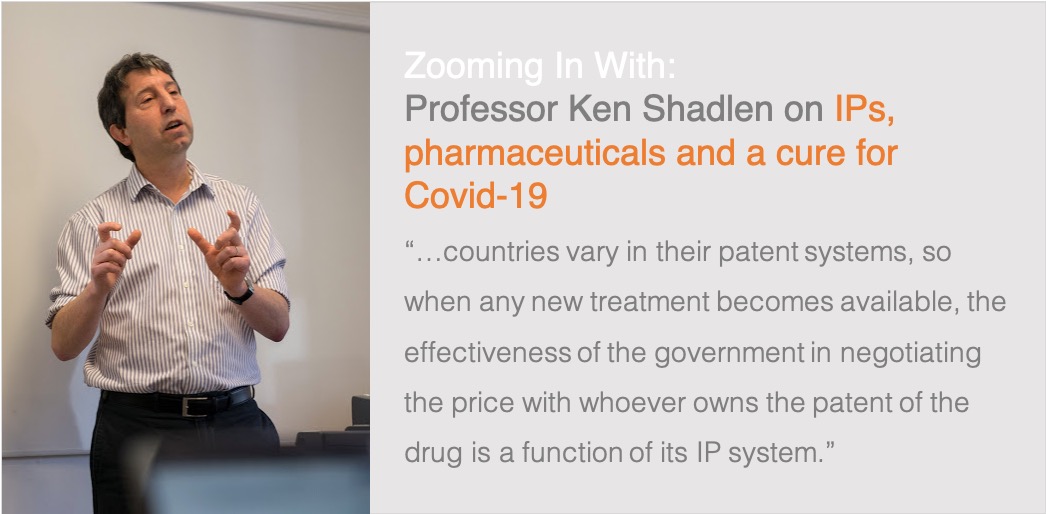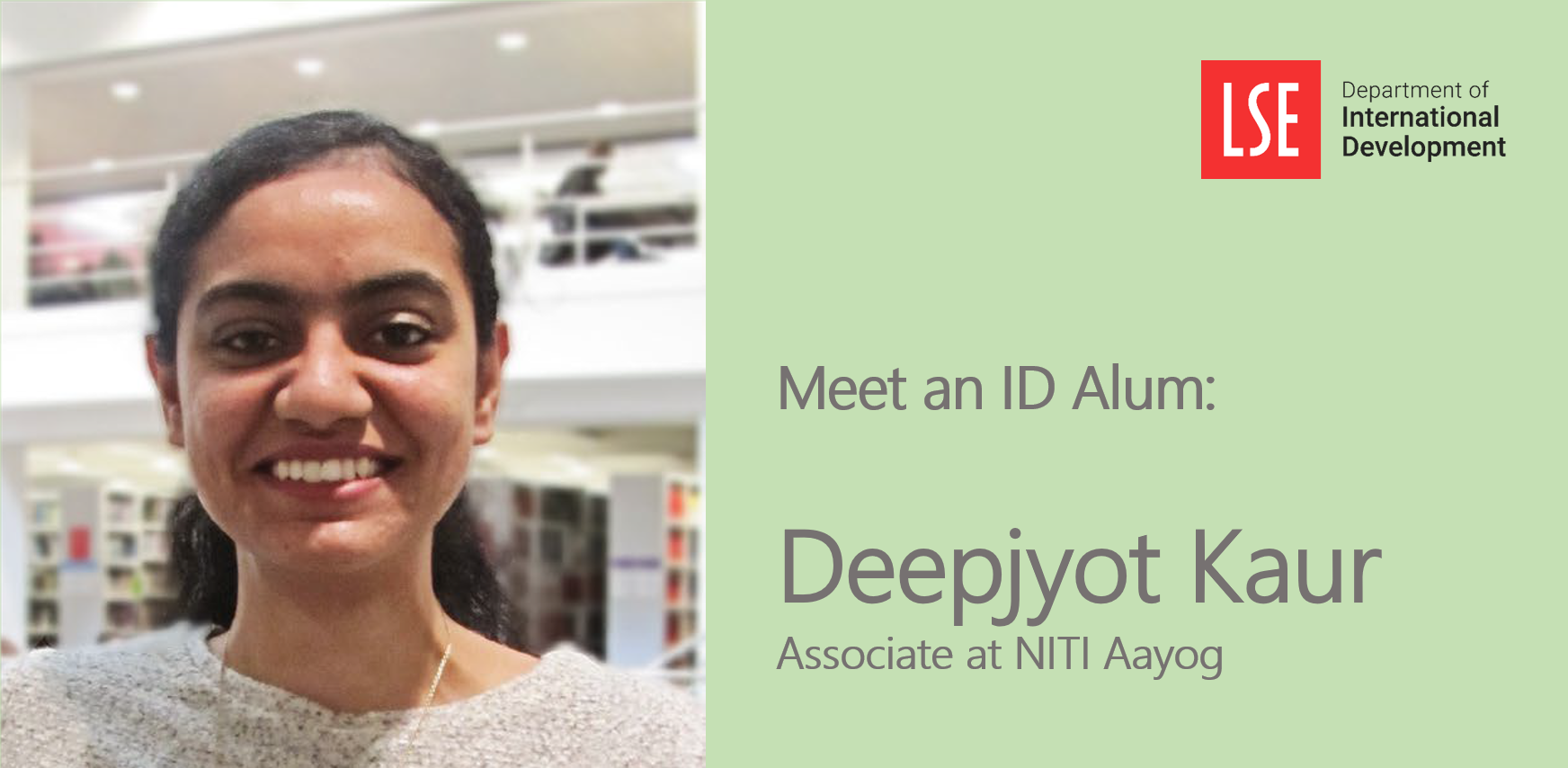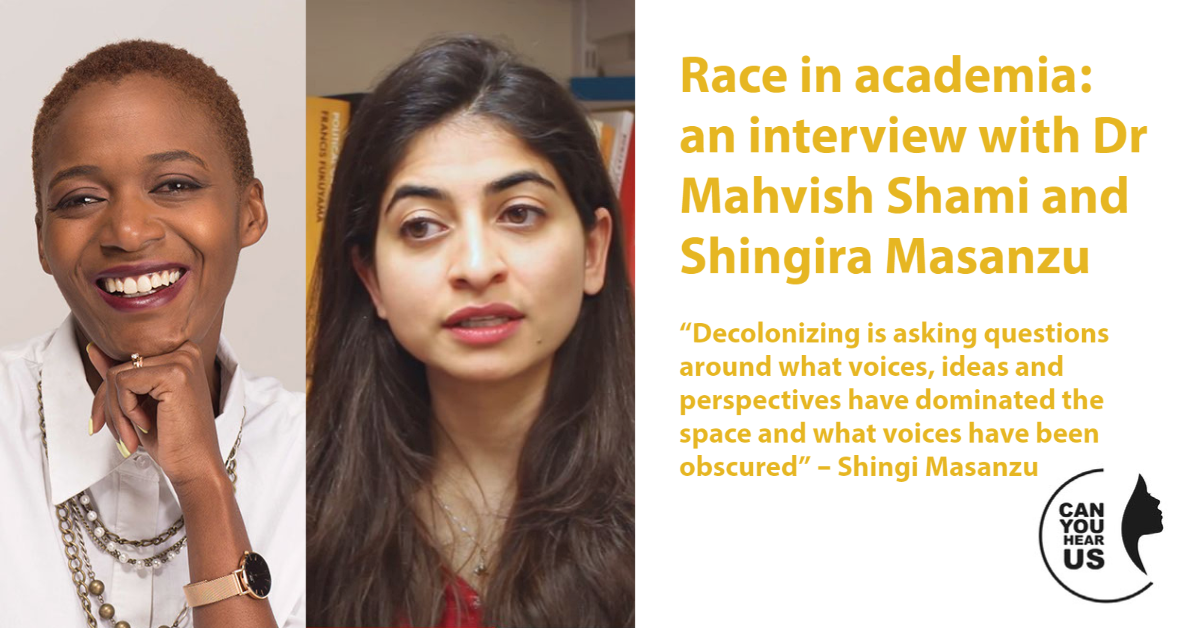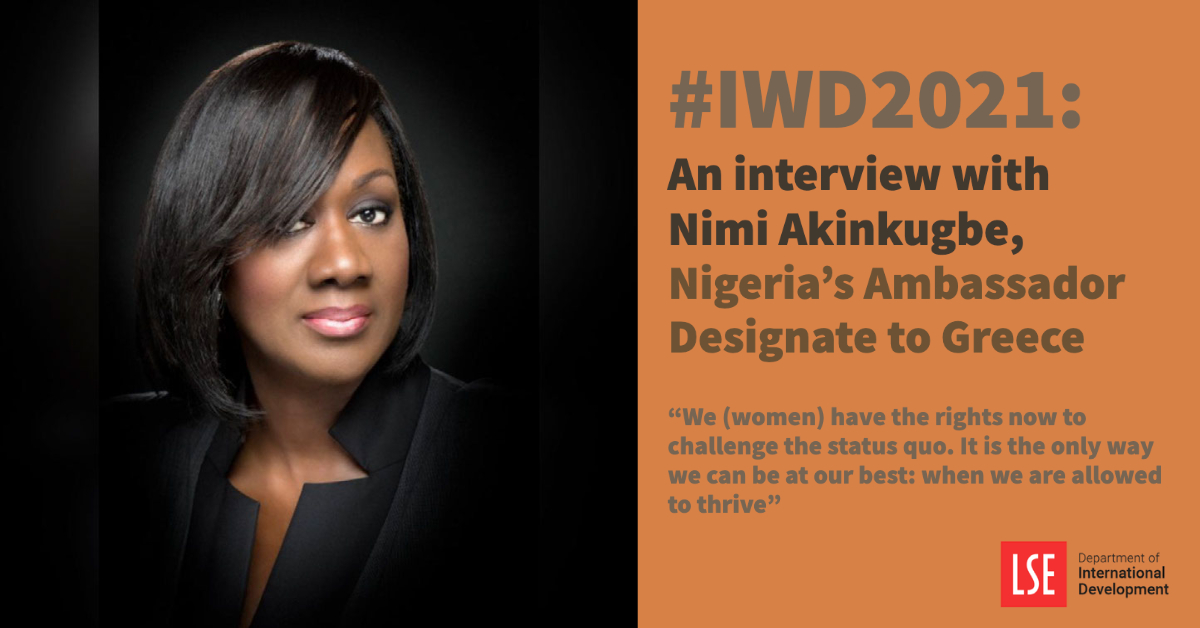In this episode, tables turn and Professor Jean-Paul Faguet Zooms In with Professor in Practice, Duncan Green, to find out what he has been up to in lockdown and how his research relates to the Covid-19 pandemic. Professor Green tells us how his background in physics helps him understand structures of power between citizens and the state, and explains why he thinks Covid-19 is a critical juncture that could lead to a re-evaluation of the care economy.
Transcript of interview:
Tell us how you got here, how did you come to be where you are now?
I studied physics at undergrad, then travelled around Latin America for a couple of years and learnt Spanish. During this time I got interested in Latin American politics – at the time it was really grim. I lived in Argentina under the military, and saw the human rights abuses going on there. This led me to also get involved in human rights work around Central America, in El Salvador and Nicaragua during the time of the US military intervention and guerrilla wars. I drifted into journalism and ended up writing a couple of books on Latin America. I didn’t enter the NGO world, working in policy, until I was 40. Following that, I spent a short time at DFID, then ended up at Oxfam as Head of Research.
I started to get more interested in academia after I did a PhD in 2010. I started spending a bit of time at LSE as a guest lecturer and was then offered a position at the school as Professor in Practice.
What was your PhD in?
I did a ‘PhD by publication’. It’s for late career people. If you’ve published 100,000 words on a particular topic you submit it, along with a 15,000 word critical review of your work. It’s very therapeutic! I spent this time in the library reading all the things I should have read before I wrote all my previous books. The topic of my PhD was on the interaction between citizens and the state.
Is there still a physicist in there somewhere?
Definitely. There are various advantages to having studied physics – one of which is that economists are scared of me! It also gives you an idea of working in systems especially with regards to modern physics like quantum mechanics. It gives you a set of mental models which I find very useful in thinking about things like power and politics. So it does change the way you see the world, and you can’t escape from it!
Tell us about being a Professor in Practice (PIP)
It’s a wonderful idea. LSE brings in people who have experience in the outside world and in a particular practice, who then add a practical perspective to what the students are learning. I’ve always liked being in between camps, so this is perfect. I’m comfortable with that ambiguity.
What I bring to the LSE is my work on advocacy and trying to change government and corporate policies through a mixture of insider conversations and lobbying as well as outsider activism. At the LSE I deliver a course on activism with Tom Kirk in terms of how change comes about and how to influence it.
What was your experience of joining the department as a PIP as as someone who spends half their time at LSE and the other half at Oxfam?
It was a bit of a culture shock. When you move into a very different community like a university, after having spent 30 years in NGOs and journalism, you realise how many things people take for granted in any one community, how much new language there is to learn, and how many new behaviours there are to observe. It’s very anthropological.
The students are absolutely amazing! It’s a real privilege teaching at LSE because there are some very smart and very committed students coming from all over the world. It’s very exciting that I get to talk to and work with them. On my course each student has to come up with a campaign or advocacy exercise that they would like to run in their country. They then have to write a proposal for the campaign or advocacy exercise. They are marked on the basis of whether their campaign is any good. It gives an amazing insight into the world the students are coming from and the issues that they care about.
You’ve written a paper about Covid-19 and critical junctures. What is a critical juncture?
Critical Juncture is a concept that is used a lot in political science, which suggests that change doesn’t happen smoothly in most political, economic, social systems. There are spikes of opportunity and spikes of threats. These often take place around a crisis or an upheaval of some kind, such as wars, scandals or pandemics.
When we talk about them in retrospect, we tend to talk about them as ‘moments of change’. But in reality, they have extension and can sometimes last for years. When you’re in one of these critical junction, as we are now, everything is so obscured and unclear that you’re navigating through a fog.
In the paper, I went back to the 2008/2009 financial crisis and found the same thing: some things we thought were going to happen never did, and the things that did happen took us completely by surprise. For example, we thought the shift from the G7 to the G20 would create a de facto new global steering committee. But the G20 never really got going, and on the other hand, what did happen was that the financial crisis created distrust around the political and business class which made way for populism, Brexit and Donald Trump – all things that we never expected.
So critical juncture is a shock that leads to a new equilibrium
And it may not be better, it may be worse. It’s a tipping point of some kind.
So what are some of the key differences, or new equilibriums, that are going to arise out of Covid-19?
In order to see this, we need to look at ways to step outside our filter bubble and echo chamber. One way to do this this is look at what has surprised you, either about the message or the messenger in what you’ve been reading about over the past couple of months. I was surprised by the Pope’s Easter message which said that there is a really good case for universal basic income. I was surprised by a Financial Times editorial which was in circulation in April that said Covid-19 should lead to a new social contracts between citizens and the state. If there’s a surprise involved then it may suggest that it’s not just you hearing what you want to hear.
I think there will be more interest in Social Protection, which could be taken to a new level like universal basic income. There might be a re-evaluation of the care economy, something that is missing from GDP, but has become absolutely essential in the Covid-19 response. There is a clear shift from talking about ‘the NHS’ to now talking about ‘the NHS and care workers’, and care workers that are both paid and unpaid.
I’m not sure what the impact would be on climate change at the moment. I can’t see whether things will flip back to how they were or whether there will be some kind of shift towards decarbonisation.
What do you think are the effects on the students who are about to graduate? How will this change their lives and their experiences as development professionals?
Some students are finding this very difficult on a personal level. Everyone’s having a Covid moment in one way or another. It’s like we’re living in the Matrix but it’s a really rubbish remake.
In terms of what happens afterwards, it’s really difficult. Loads of students are wanting to work in the non-profit sector, which is going to be in a huge mess for the next few years. It has lost a series of income streams. There will be very little hiring.
My advice for students wanting to work for the non-profit sector, is to think about an adjacent job that they can do which will equip them with the skills to go into the non-profit-sector when it bounces back. Working for government is an incredibly good experience for anybody who wants to learn how to influence the state. Working in the corporate sector is also incredibly interesting. They could also work for one of the more progressive management consultants that are still getting contracts from USAID and DFID. There are different ways to think about it, but they need to be proactive. They need to try and get a start somehow which will help give them an entry point later on. But – they shouldn’t get too comfortable in a well-paid job because they’ll never earn that much in a non-profit!
The views expressed in this post are those of the author and in no way reflect those of the International Development LSE blog or the London School of Economics and Political Science.





